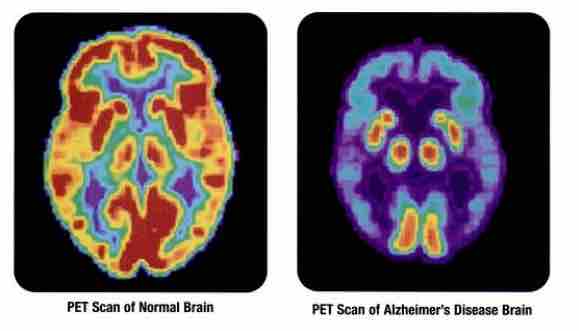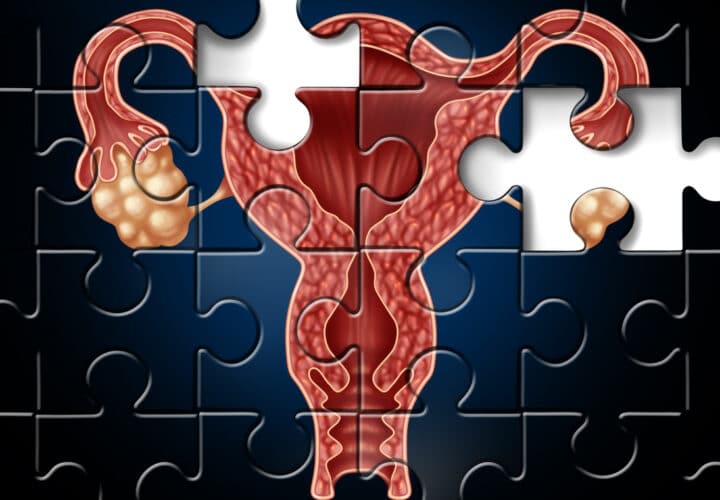Alzheimer’s disease does discriminate when it comes to gender. Two thirds of all cases are women, and in the past it was believed that this was because women tend to live longer than men. However, a new study confirms that menopause may be a key predictor of Alzheimer’s.
The imaging study conducted by Weill Cornell Medicine has found that changes in the brains of middle-aged women are present without any symptoms of memory loss. Scientist believe the changes may be directly related to menopause or a drop in estrogen levels women typically experience in their 40’s and 50’s.
Head author Lisa Mosconi, Ph.D., explains that hormonal factors may predict who will have changes in the brain. “Our results show changes in brain imaging features, or biomarkers in the brain, suggesting menopausal status may be the best predictor of Alzheimer’s related brain changes in women.”
The study included 84 women and 36 men with no cognitive impairment but with similar cognitive scores, blood pressure, and a family history of Alzheimer’s disease. After scanning all participants with a positron emission tomography (PET) scan and magnetic resonance imaging scans (MRI), the women scored worse in four areas of brain health – the volumes of both gray and white matter in the brain, levels of amyloid-beta plaques, and the rate at which the brain metabolizes glucose.
“While all sex hormones are likely involved, our findings suggest that declines in estrogen are involved in the Alzheimer’s biomarker abnormalities in women we observed. The pattern of gray matter loss in particular shows anatomical overlap with the brain estrogen network,” Mosconi said.
What We Know About Menopause and Brain Health
Much more research needs to be done to determine exactly how menopause impacts brain health and whether hormone replacement therapy is the right path for treatment. Recent gender studies have concluded that female brains tend to age more slowly, with the average female brain appearing 3.8 years younger than its male counterparts. However, while women’s brains may metabolize glucose better throughout most of their life, leading to the appearance of a more youthful brain, experts say that events like menopause can quickly catch them up to speed.
Another study notes that the later the onset of menopause, the better it may be for brain health. Out of a cohort of over 800 women, those who had later menopause had higher verbal memory scores; however, on the test of how fast the women could process information, researchers found no relationship between the age at menopause and test scores.
Mosconi says one limitation of the study is that only healthy, middle-aged people without severe brain or cardiovascular disease participated. Larger studies with a broader demographic of participants are needed to understand exactly how menopause relates to neurodegeneration.
###



